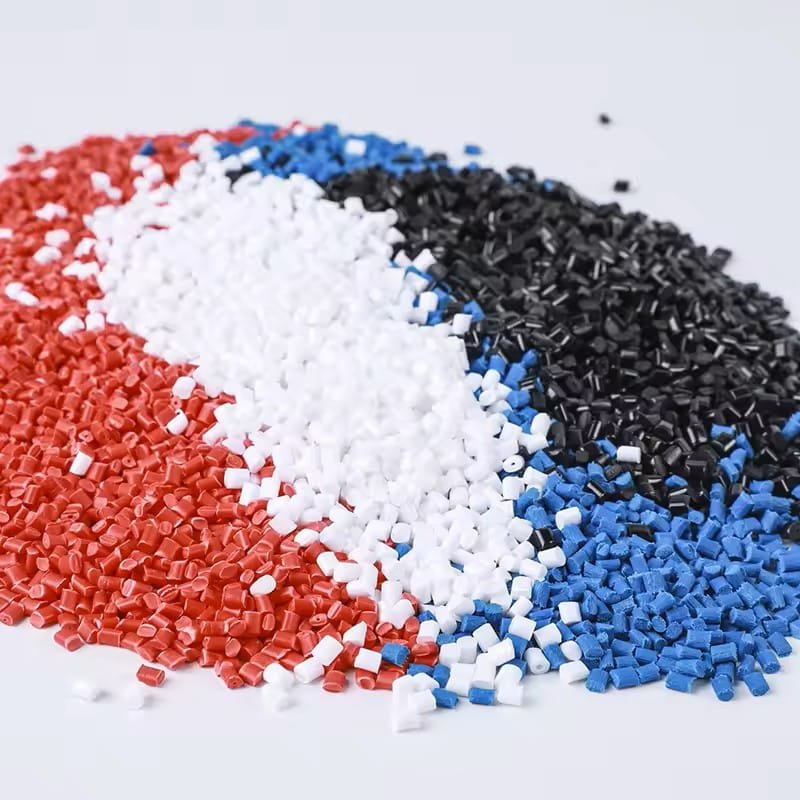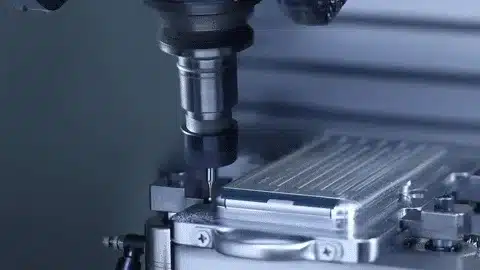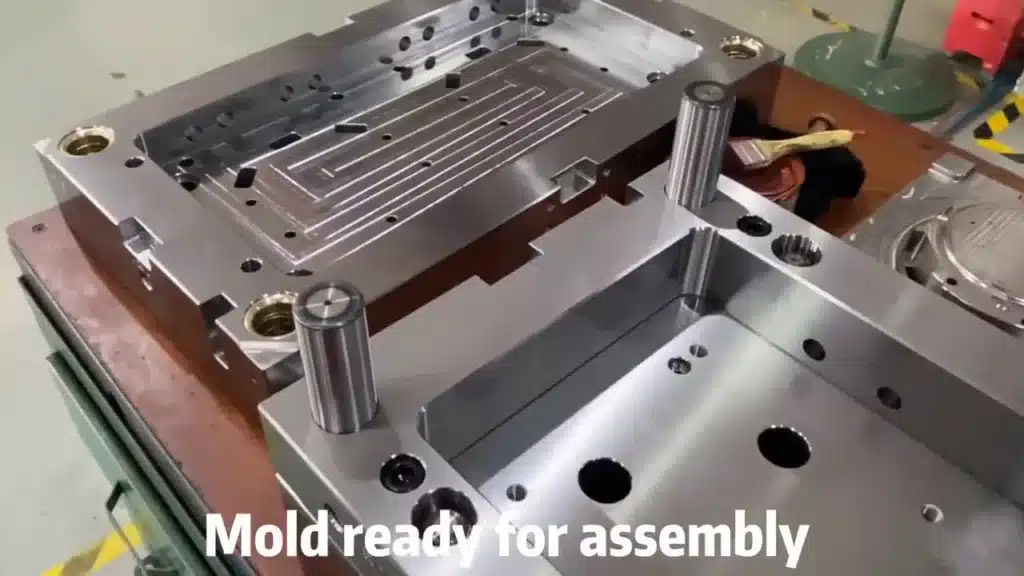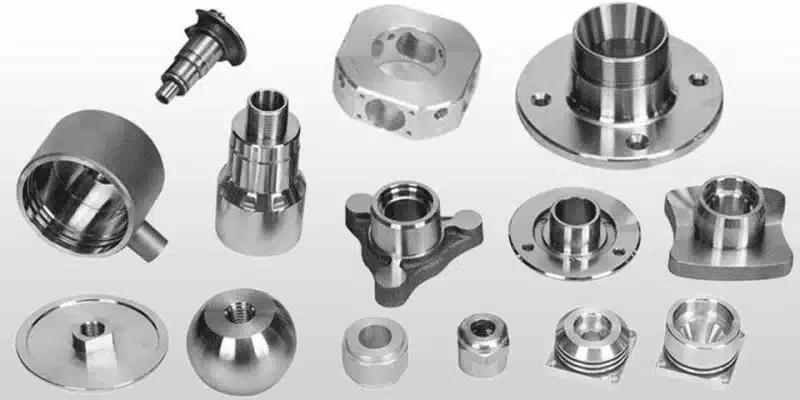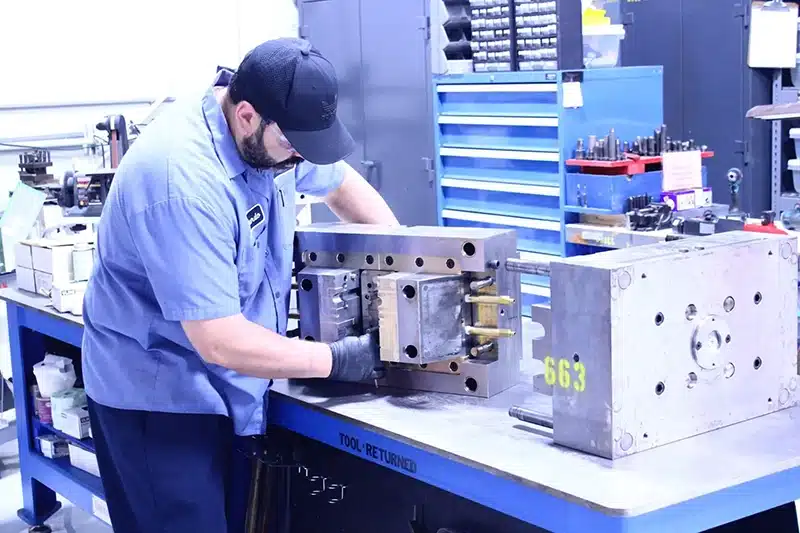Among thermoplastics worldwide polypropylene pp stands as the most commonly used plastic with its abbreviation being PP.
You can identify polypropylene in numerous daily plastic products since it exists in food packaging, plastic food containers food storage, and water bottles, alongside beverage bottles along with medical equipment and children’s toys.
The material enjoys widespread popularity because its weight practicality combines with high durability and strong resistance to chemicals and moisture, and its high heat tolerance properties.
Is Polypropylene Safe for Daily Use?
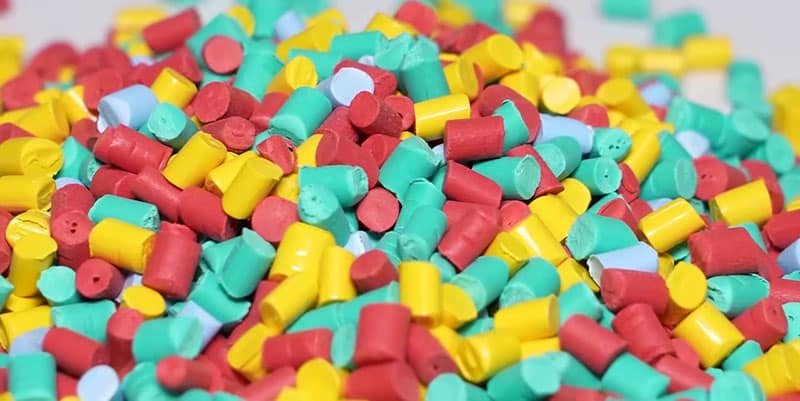
The vital inquiry about polypropylene safety for human health consistently arises. We can respond with absolute certainty that polypropylene is generally considered safe and is considered safe, and given the evidence, presents no health risks to human beings. and presents no health risks to human beings.
The health-conscious properties of polypropylene include its lack of toxicity and odorlessness together with the absence of BPA components, potential endocrine disrupting chemicals, and harmful chemicals.
PP remains a safe material for human use because of its chemical structure, thus it serves as the primary choice for medical devices, storage containers, and other polypropylene products that are used in food along with skin, and is not considered polypropylene toxic .
What Is Polypropylene Made Of?
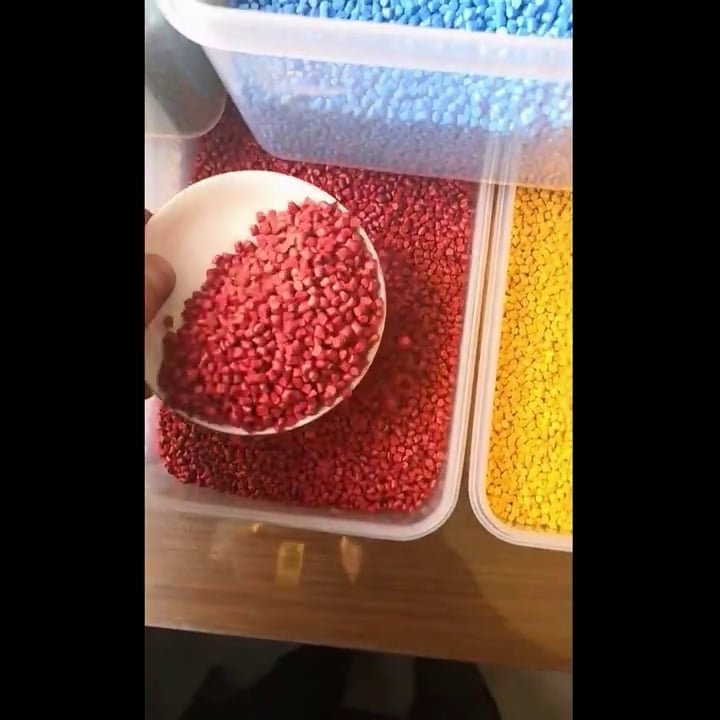
Polypropylene appears through the polymerization process of propylene monomers to form a semi-crystalline substance which delivers flexibility and toughness.
The material exhibits innate resistance toward chemical substances and water while also withstanding UV damage because it needs no formulation of BPA or phthalates during production, giving it a higher melting point .
Key Properties and Benefits of Polypropylene
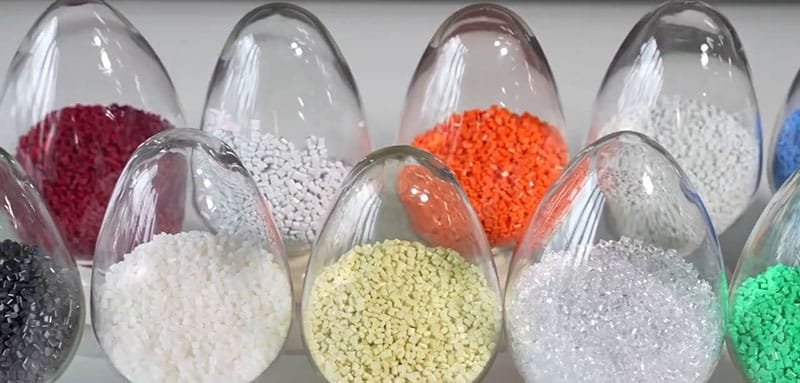
Many sectors choose polypropylene as a safe plastic for its diverse beneficial properties, particularly in food packaging, that transform the material into essential consumer goods and everyday items in production.
Non-Toxic and BPA-Free
The natural composition of polypropylene includes no harmful substances such as BPA which makes it suitable as a safe plastic choice for every age group, including baby bottles, along with babies and people who suffer from sensitivities.
Heat-Resistant
PC shows high temperature resistance which enables its usage in microwave devices and dishwashers as well as hot-packaging applications.
The material maintains its shape under regular heating situations without melting and can be used to store hot tomato soup while staying free of toxic fume emissions.
Chemical and Moisture Resistance
The material structure of polypropylene prevents absorption of water and resistance exists toward most acids, bases, and solvents, ensuring it does not release harmful substances, thus supporting its safe use .
The material presents an optimal solution for standard clean product and chemical resistance, ensuring safe pharmaceutical packaging alongside personal care merchandise without the risk to leach plastic additives .
Durability and Flexibility
The lightweight nature of polypropylene does not affect its excellent strength and ability to resist impacts. CNC machining services can precisely process polypropylene components for various applications. Polypropylene retains its durability by resisting cracking and degradation under all types of physical pressure as well as outdoor exposure conditions.
Recyclable and Sustainable
Plastic #5 polypropylene material, a type of plastic products commonly recycled, receives designation as number five in recycling codes among plastics marked for easy identification . Because it can endure multiple uses and exist longer it minimizes general plastic debris throughout the environment.
Is Polypropylene Truly BPA-Free?
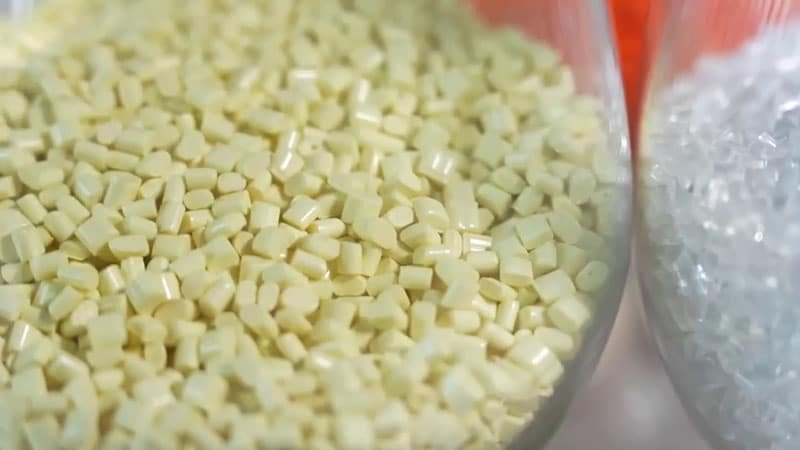
The material composition of polypropylene does not include BPA. Polycarbonate plastics and epoxy resins contain BPA instead of the non-BPA substance polypropylene.
The production of polypropylene occurs without BPA or any other plasticizers, so you can rest assured this material remains safe for food items, especially those used in food packaging, along with beverages and environmental conditions, allowing only brief contact .
Is Polypropylene Safe for Food Use?
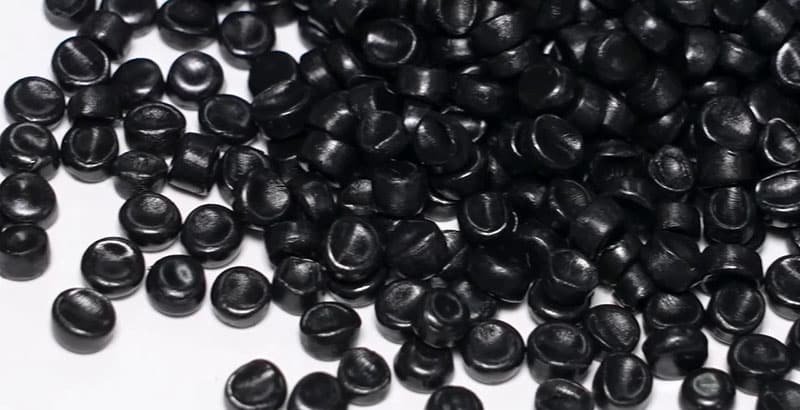
Absolutely. The regulatory agencies approve the material polypropylene for direct food contact because it functions as a top recommendation in food packaging applications.
The material maintains a neutral state when holding items since it is generally considered fda approved an that neither affects their contents nor absorbs scents nor moisture but can survive hot and cold temperatures.
Applications of Polypropylene in Everyday Life

Polypropylene demonstrates great versatility by serving different industrial sectors through numerous applications. Polypropylene is widely used in injection molding applications due to its excellent properties. Industry applications employ polypropylene according to these following practices:
PP Woven Bags
Precision mold making ensures the quality and consistency of polypropylene products. Through its design process Anita Plastics creates sturdy tear-proof reusable woven polypropylene bags. Commercial and sustainable by nature polypropylene bags efficiently transport food items agricultural produce and construction materials.
BOPP Bags
The protective properties of Biaxially Oriented Polypropylene (BOPP) bags surpass others because they combine exceptional strength along with moisture protection and superior product clarity which benefits snack foods and grains along with pet food products.
.
Geotextile Fabrics for Soil Stabilization
The geotextile polypropylene fabrics manufactured by our company serve three main functions in road construction projects and help control erosion while reinforcing land structures.
Cushioning infrastructure through high-stress regions becomes a success because these resilient materials bring necessary stability during demanding operational times.
The Bottom Line on Polypropylene
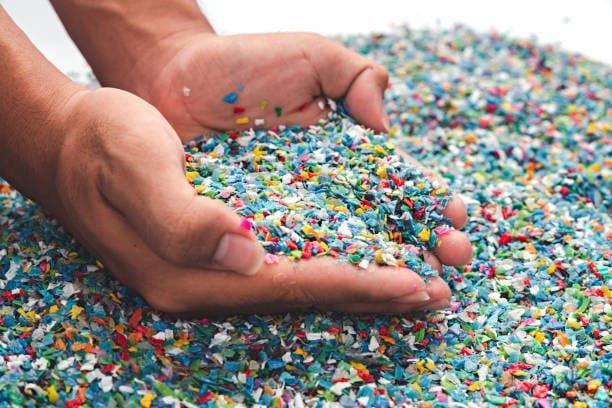
The practicality of polypropylene has made it a secure plastic material which industries and consumers trust because of its dual environmental and industrial advantages.
Polypropylene serves numerous applications because it possesses chemical stability together with heat resistance, is free of toxic substances and detrimental additives, and has the endorsement of several safety organizations.
Conclusion
People in today’s society need plastics that perform well while offering mental tranquility, as confirmed by health administration findings, so polypropylene fulfills both requirements effectively.
Polypropylene achieves triple advantages as a responsible plastic material with its outstanding safety characteristics, making it suitable for baby products, combined with recyclability and durability. The application areas of polypropylene for storing food along with garden activities and packaging materials and reinforcement purposes in soil all lead to consistent performance without health risks or environmental damage.

